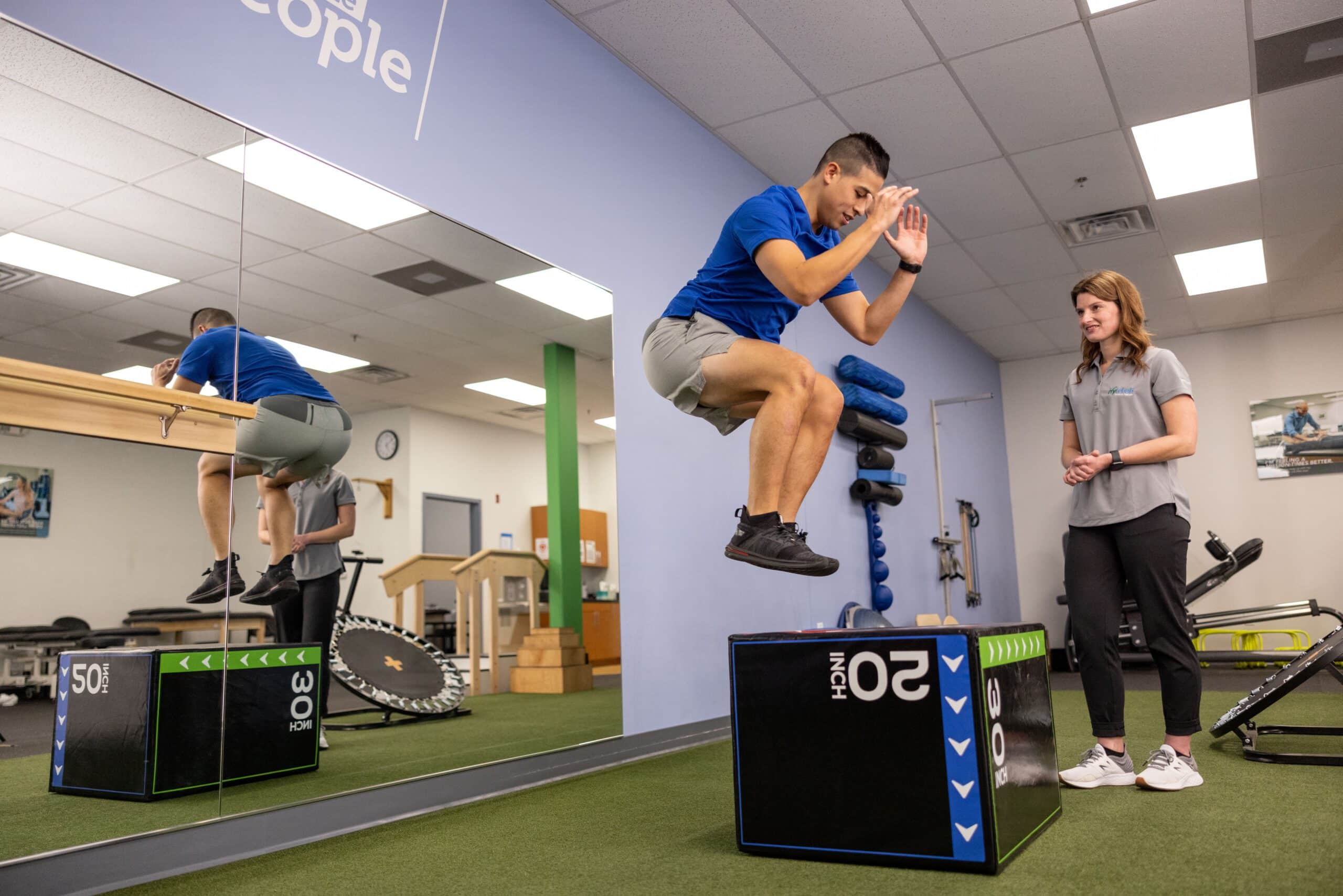How Individual Trainers Customize Unique Exercise Programs to Achieve Individual Wellness Goals
How Individual Trainers Customize Unique Exercise Programs to Achieve Individual Wellness Goals
Blog Article
Individual trainers play a crucial role in assisting clients achieve their health goals. Each person has distinct requirements, choices, and aims when it comes to working out. To address these variations, personal trainers create tailored workout plans particularly crafted for each client. This procedure involves assessing the individual's current health level, understanding their goals, and considering any restrictions or injuries they may have. By taking these factors into consideration, trainers can design efficient and secure workout programs that encourage progress and inspiration.
The first step in creating a customized workout plan is conducting a comprehensive assessment. This typically includes evaluating the client’s physical well-being through various tests, such as assessing strength, flexibility, and endurance. Trainers may also inquire questions about the individual's exercise history, lifestyle, and any medical conditions. This data helps trainers understand where the individual is starting from and what aspects need improvement. By collecting this data, trainers can set achievable and attainable goals that correspond with the individual's desires, whether it is losing weight, gaining muscle, or improving overall health.
Once the evaluation is complete, trainers create a systematic workout plan that incorporates a range of exercises. These plans often feature cardiovascular training, strength training, and flexibility exercises. Cardiovascular workouts, such as jogging or cycling, help improve heart health and reduce calories. Strength training, using weights or strength bands, builds muscle and boosts metabolism. Flexibility exercises, like stretching or yoga, improve mobility and prevent injuries. By merging these various types of exercises, trainers ensure that clients receive a comprehensive fitness experience that addresses all facets of physical health.
In addition to the physical components, personal trainers also concentrate on inspiration and accountability. Many clients struggle to remain dedicated to their fitness routines, especially when faced with obstacles or setbacks. Trainers provide encouragement and help, helping clients remain on track and inspired. They may also set immediate milestones to celebrate progress along the way. This constructive reinforcement can make a significant impact in a client’s journey, as it fosters a sense of accomplishment and boosts confidence. Trainers often modify workout plans based on the client’s progress, ensuring that the programs stay challenging and efficient.
Finally, personal trainers highlight the importance of education in their training approach. They instruct clients about proper exercise techniques, the benefits of different workouts, and the importance of nutrition in achieving fitness goals. By enabling helpful hints clients with understanding, trainers help them make informed decisions about their health and fitness. This informative aspect not only improves the efficacy of the workout plans but also encourages clients to adopt healthier lifestyles beyond their training sessions. Ultimately, the fusion of personalized workout plans, motivation, and education creates a comprehensive approach to fitness that can lead to enduring results.